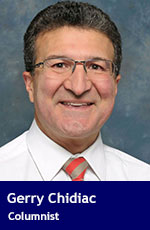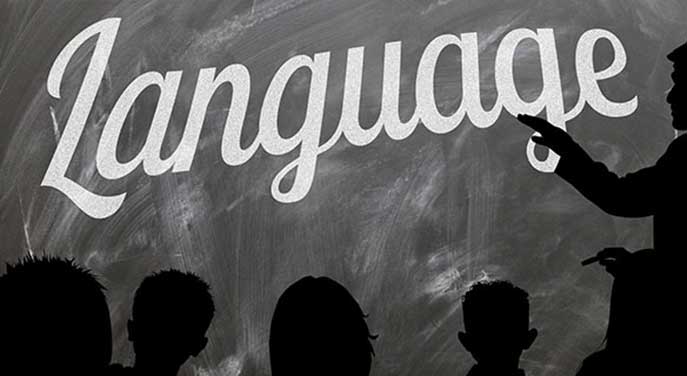 A Czech proverb says, “You live a new life for every language you speak. If you only know one language, you only live once.”
A Czech proverb says, “You live a new life for every language you speak. If you only know one language, you only live once.”
Air Canada CEO Michael Rousseau got himself into hot water recently due to his inability to speak French. How he was chosen to lead a corporation that’s expected to offer services in Canada in both official languages and operate around the world is mind-boggling. It demonstrates what could only be called linguistic cluelessness.
As Rousseau responded to an angry francophone media scrum in Montreal after delivering an English-only address, he dug a deeper hole for himself. He stated that he appreciated being able to live in Montreal for 14 years without knowing French.
Unlike Rousseau and the Air Canada executives who gave him his position, les Montréalaises et les Montréalais understand the value of speaking more than one language.
What’s especially shocking is that Rousseau could live in Montreal and know so little of the city’s history. English Canada has been very discriminatory toward its francophone neighbours. Until fairly recently, it was quite common for the ‘big bosses’ in Quebec to be anglophones who looked down on their francophone employees and told them to “speak white.” The undertone of Rousseau’s statement about life in Montreal was disturbingly reminiscent.
Rousseau’s comments also reflect a common attitude in the anglophone world: Everyone else is supposed to learn English. While this is understandable among airline pilots and air traffic controllers, who need a common language that’s relatively straightforward, there are few other places that benefit from such monolingualism.
In fact, I can’t think of any place outside the anglophone world where a person could speak only one language and be considered educated. Most Filipinos know at least two languages and tend to know three or more if they didn’t grow up speaking Tagalog. Most Africans know at least two local dialects, as well as the language of their colonizing nation. A typical high school graduate in Europe can converse freely in a second language and get by in a third.
I recall spending time in the Flanders region of Belgium. Though I could not say more than the most rudimentary phrases in the local language, when I walked into a store and said that I could speak French, English and German, I was always given excellent service. Imagine what would happen in the anglophone world if a visitor used broken English to state the other languages they spoke.
The more cynical side of me would say that our insistence on others learning English is a remnant of our colonial past and lingering linguistic imperialism. Our efforts to force Indigenous people to speak only European languages had a devastating impact on our country. It’s only now that we’re beginning to teach these languages in our schools, and it will be a long and difficult road back from the forced near-extinction of these languages.
I know it sounds self-serving for a language teacher to say that anglophones need to study other languages. I would argue that I’m simply more aware of this lack in our educational system and culture because I have access to the non-anglophone world.
I don’t want anglophones to see themselves as stupid for knowing only English or to learn other languages simply because they feel obliged to do so. It’s a joy to know other languages. Whole worlds open up to us when we gain a new linguistic perspective. New bodies of information become accessible, and millions more people are able to share with us what they know about life.
Troy Media columnist Gerry Chidiac is an award-winning high school teacher specializing in languages, genocide studies and works with at-risk students. For interview requests, click here.
The views, opinions and positions expressed by columnists and contributors are the authors’ alone. They do not inherently or expressly reflect the views, opinions and/or positions of our publication.
© Troy Media
Troy Media is an editorial content provider to media outlets and its own hosted community news outlets across Canada.

